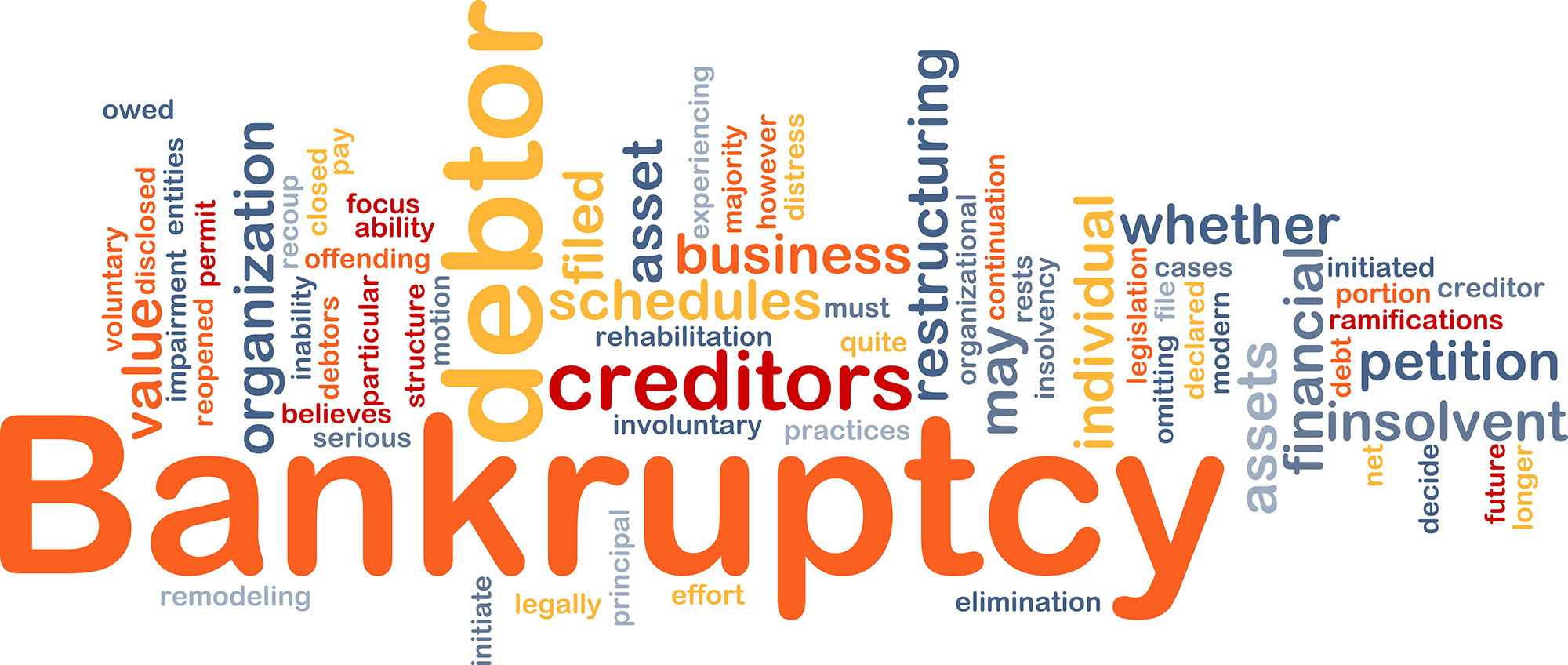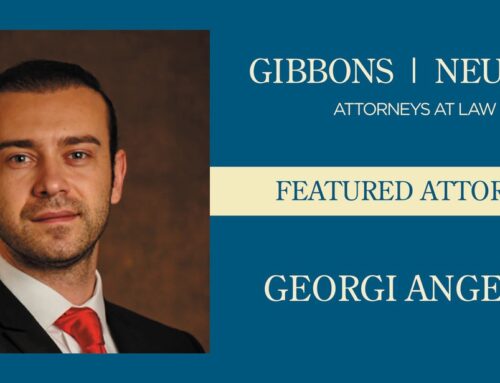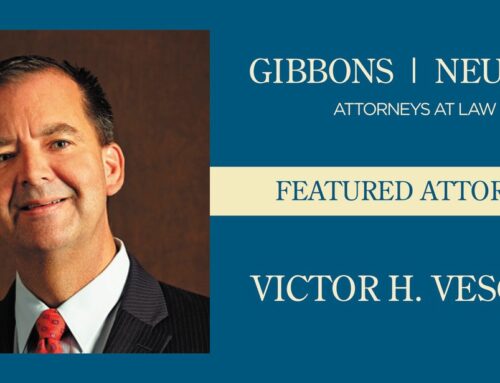The Middle District of Florida Bankruptcy Court in the case of In Re: Roscoe (siding with the majority view), recently ruled that Bankruptcy Code Section 1306(a) expands the definition of “estate property” (i.e. property that is available to pay creditors) to include life insurance proceeds for one of the debtors who died after the case was filed. (The Debtors in the Bankruptcy case contended that those life insurance proceeds should not be subject to creditors’ claims under Section 541(a)(5) because the debtor died more than 180 days after the Ch. 13 case was filed.)
Here are the facts. A husband and wife filed a Chapter 13 case, the Plan was confirmed, but unfortunately while still in bankruptcy, the wife died. The husband amended the bankruptcy schedules to add the insurance proceeds, claiming they were not property of the estate under Section 541(a)(5). That subsection treats as “estate property” the life insurance proceeds that a debtor became entitled to within 180 days of filing the bankruptcy.
Despite the fact that the wife died more than 180 days after filing the Ch. 13 case, the court held that Section 1306(a) expands the definition of estate property beyond Section 541(a)(5), to include property the debtor acquires “after commencement of the case, but before the case is closed, dismissed, or converted.”
The decision is subject to appeal and the issue itself has generated a split of authority even within the Middle District of Florida itself, and we will continue to monitor future litigation on the issue.
Gibbons | Neuman Creditors’ Rights Bankruptcy attorneys and probate attorneys constantly monitor new developments in the law that affect issues important to our clients so that we are prepared to assist you.








Stay In Touch